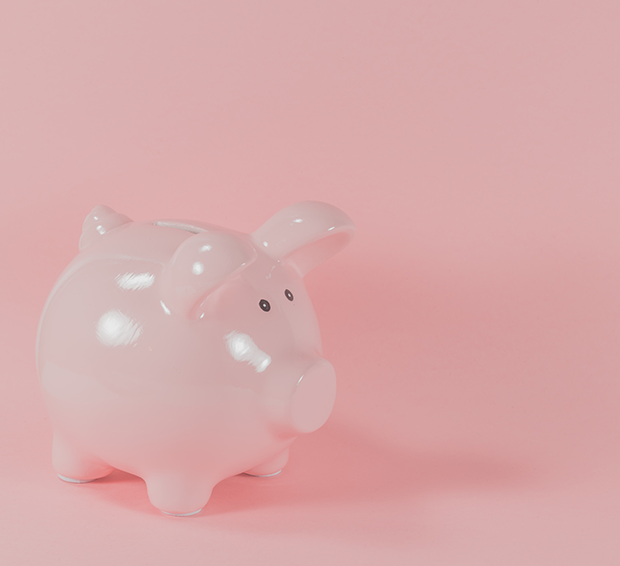Have you ever stopped to think about your choices when it comes to managing your money? Today, we’re talking healthy money habits to help you identify some of your own. Your money habits can have a big impact on your finances – and not always for the better.
What are money habits?
Types of money habits
"If spending your money on coffee makes you happy, that’s totally fine. But if it doesn’t align with your values, it might be time to look at whether this spend is worth it."
Natasha
Creating good financial habits starts by overcoming your unhelpful money habits, e.g impulse buying, and swapping them for ones that align with your values and goals.
What are ‘good’ money habits?
Unhelpful money habits
What are the best money habits?
FAQs
PUT YOUR DIGITAL SPARE CHANGE TO WORK
With Wisr App, you can stash away extra cash without even noticing.
Disclaimer: This article contains general information only, and is not general advice or personal advice. Wisr Services does not recommend any product or service discussed in this article. You must get your own financial, taxation, or legal advice, and understand any risks before considering whether a product or service discussed in this article may be appropriate for you. We have taken reasonable efforts to ensure that the information is accurate at the time of publishing, but the information is subject to change. We may not update the article to reflect any change.




.png)